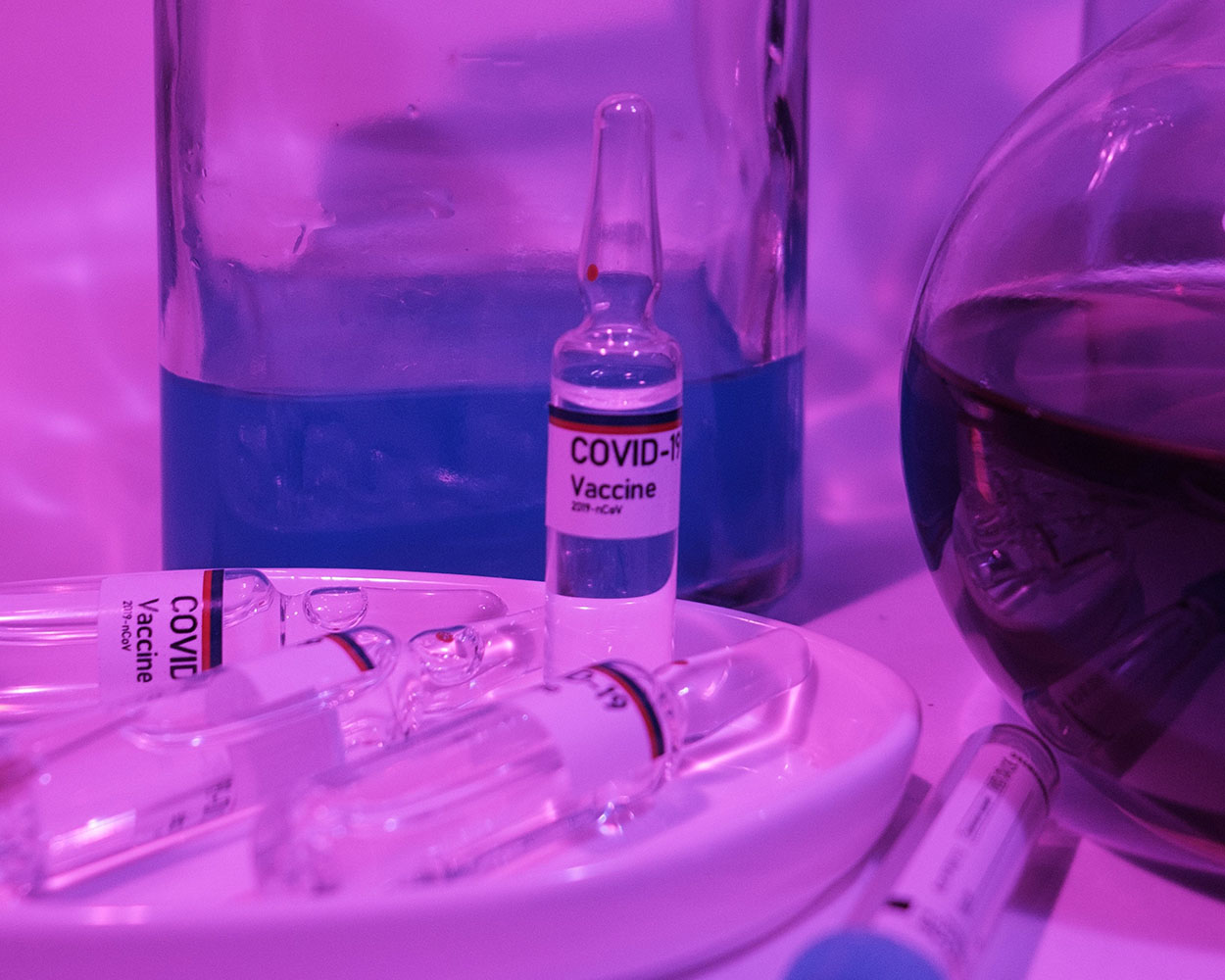
In what we can regard the most anxious time of the century, the rhetoric has evolved from the outbreak of the pandemic and approval of vaccines to the scramble for vaccines. The African continent has been particularly lucky with its infection rate, compared to other regions of the world. With South Africa, Tunisia and Algeria leading the pack of active cases, the continent’s caseload has been on a rapid rise following the easing of restrictions in Q3’20 that encouraged social interaction, especially during the Yuletide seasons.
However, with the approval of vaccines on the international scene came rays of hope that economies would finally experience a breather from the pandemic-induced downturn. Richer countries were able to pre-order vaccines from leading vaccine manufacturers. According to the BBC, the doses secured so far in the world is enough to vaccinate 30% of the African continent despite its absence in the continent, months after rollouts in Europe and other high income countries. Data shows Canada ordered more than 5 vaccines per capita despite administering them slowly. Thus, bulk of Africa has to rely on the Africa Media Supplies Program of the African Union and the COVAX initiative of the World Health Organisation to rollout vaccination programmes.
The equitable nature of the COVAX initiative would ensure countries inoculate 20% of their populations. Thus, inoculation might take 2-3 years to complete a round of inoculation in Africa while other advanced economies can implement such multiple times over. Nevertheless, the continent has to put adequate measures in place to ease the process – cooling infrastructure, distribution channels and plans, data recording and monitoring as well as public awareness campaigns.
In the meantime, the continent needs to adopt containment measures to prevent the rapid spread of the virus to avoid a health system breakdown considering the rising demand for oxygen in Lagos, Nigeria. In view of the outbreak of a new strain of the virus, prompt intervention will be essential to avert a health and economic crises. Thus, we still believe in Sub-Saharan Africa’s growth comeback despite the delayed arrival of vaccines, should appropriate measures be put in place.
According to Development Reimagined, 21 African countries have ordered vaccines, less than half of the countries on the continent. However, the vaccines ordered would cover 21% of the populations, a far cry from the herd immunity threshold (70%). Seychelles alone is poised to inoculate its entire population because of its small population size. Behind Seychelles is Morocco, the only other country that has ordered enough to meet the herd immunity threshold. South Africa and Nigeria will barely be able to cover less than 20% of their respective populations unless supported by other initiatives over an extended period. Due to obvious reasons, the continent may not achieve herd immunity on time without support from multilateral institutions, given their financing limitations.